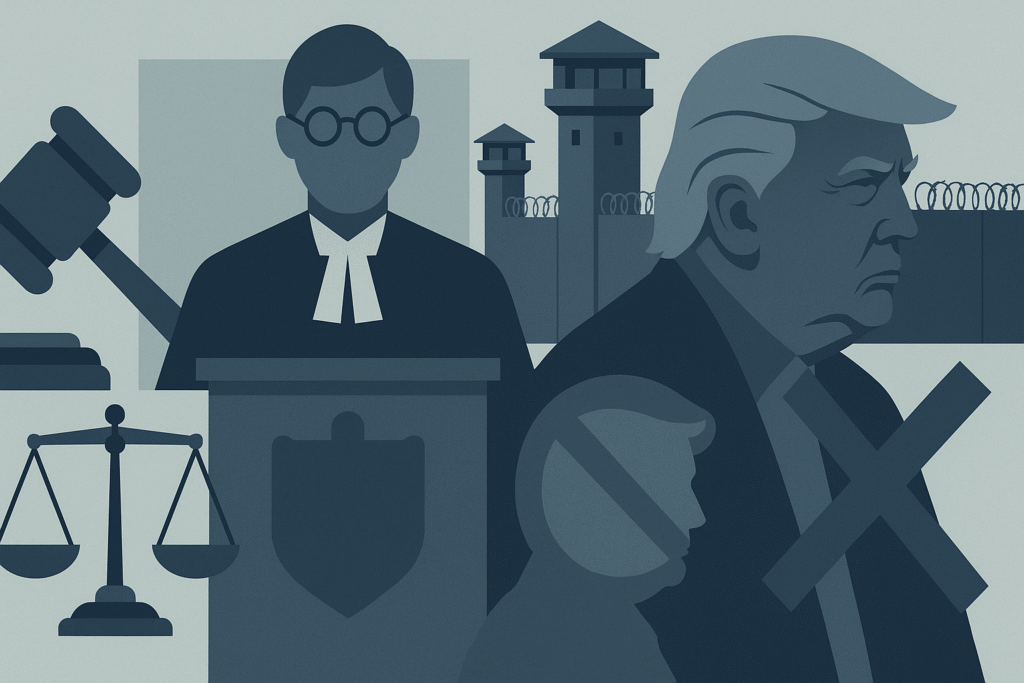A federal appeals court has reversed a lower court’s ruling that found probable cause to hold officials from the Trump administration in contempt over their handling of the deportation of Venezuelan migrants under the rarely-used 1798 Alien Enemies Act.
The U.S. Court of Appeals for the D.C. Circuit, in a 2-1 decision, sided with the administration, rejecting U.S. District Judge James Boasberg’s April finding that officials could face criminal contempt for allegedly disobeying his March 15 order. That order barred the deportation of alleged Venezuelan gang members without allowing them the opportunity to contest their removal.
Judge Gregory Katsas, writing for the majority, expressed concern that Boasberg’s order posed serious questions about judicial overreach into executive functions, such as foreign policy and law enforcement. Katsas also noted the broader implications of enforcing criminal contempt over an injunction that may have lacked proper jurisdiction.
At the center of the controversy were the deportations of individuals accused of belonging to the Venezuelan criminal network Tren de Aragua, who were sent to a high-security prison in El Salvador designed for terrorists. The Trump administration defended the removals as lawful under the Alien Enemies Act, a wartime statute dating back to the 18th century.
Judge Boasberg, however, questioned the legality of the deportations and pointed to a whistleblower report that alleged deliberate efforts by the administration to evade his court order by failing to return deportation flights to the U.S.
In her dissent, Circuit Judge Cornelia P.L. Pillard sharply criticized the administration’s actions, warning that ignoring court orders undermines the rule of law. “Our system of courts cannot long endure if disappointed litigants defy court orders with impunity rather than legally challenge them,” she wrote, emphasizing that willful disobedience constitutes criminal contempt.
While the appeals court ruling shields the Trump-era officials from immediate legal repercussions, it has reignited debate over the limits of executive power and the judiciary’s role in enforcing its rulings—particularly in cases involving immigration and national security.



